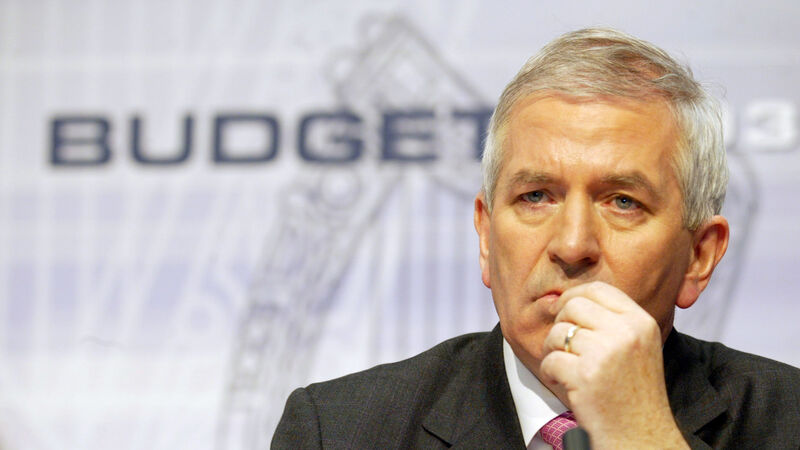Sovereign wealth funds back on agenda, but many questions remain

Former finance minister Charlie McCreevy set up the National Pension Reserve Fund in 2001. Picture: Rollingnews.ie
Try from €1.50 / week
SUBSCRIBEThe debate over sovereign wealth funds has heated up. Business group Ibec has backed proposals by Finance Minister Michael McGrath to set up two investment funds — a long-term savings fund and an infrastructure fund.
Almost a quarter of a century ago, the National Treasury Management Agency (NTMA) unveiled plans to set up a sovereign wealth fund that was designed to help the State meet its unfunded bills from pensioners.
Already a subscriber? Sign in
You have reached your article limit.
Annual €130 €80
Best value
Monthly €12€6 / month
Introductory offers for new customers. Annual billed once for first year. Renews at €130. Monthly initial discount (first 3 months) billed monthly, then €12 a month. Ts&Cs apply.
CONNECT WITH US TODAY
Be the first to know the latest news and updates
Newsletter
News and analysis on business, money and jobs from Munster and beyond by our expert team of business writers.
Newsletter
News and analysis on business, money and jobs from Munster and beyond by our expert team of business writers.
Newsletter
Keep up with stories of the day with our lunchtime news wrap and important breaking news alerts.
Newsletter
Sign up to the best reads of the week from irishexaminer.com selected just for you.
Tuesday, February 17, 2026 - 8:00 AM
Tuesday, February 17, 2026 - 8:00 PM
Tuesday, February 17, 2026 - 8:00 PM
© Examiner Echo Group Limited